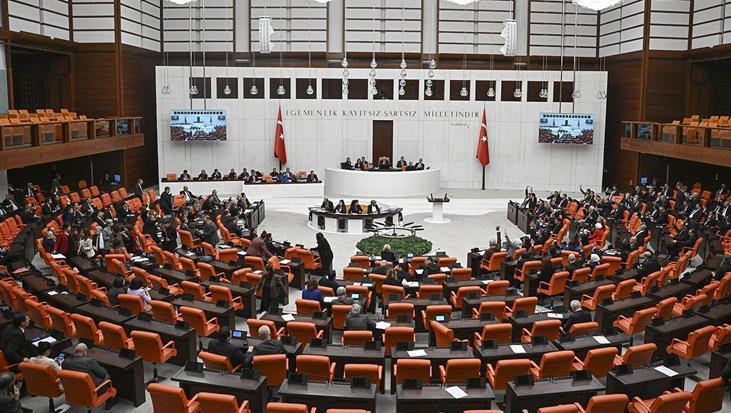Under the chairmanship of AK Party Group Chairman Abdullah Güler, work on proposing legislation publicly known as the “Ninth Judicial Package” and including various regulations in the judicial field has been completed.

You might be interested in the last moment! Defense Ministry official answers the “World War III” question: We are ready for any scenario See the news
The proposals to be presented to the Speaker of Parliament will include regulations aimed at eradicating the perception of impunity.
The ninth judicial package, a draft of which was obtained by TRT Harbor, foresees new deadlines to speed up the workflow in the higher judiciary: legal offices will have up to one month to determine whether a file is relevant to them and send it to the competent court.
Restricting espionage
The proposal would also include in the scope of espionage those who commit crimes against national security, political interests and the state. This would be included in the section “Crimes against state secrets and espionage” of the Turkish Penal Code. According to this; those who commit crimes against the security of the state and its domestic and foreign political interests in line with the strategic interests or instructions of a foreign state or organization will be punished with three to seven years of imprisonment. If the act is committed during war or in a situation that endangers the state’s war preparations or military operations, the penalty will be doubled to eight to twelve years of imprisonment. If the crime is committed by someone working for a unit of strategic importance in terms of national security, or an institution or entity that implements a project, facility or service, the penalty will be further increased. In other words, in eligible cases, the offender could be sentenced to up to 24 years of imprisonment.
Crime by definition
Contempt charges are excluded from the mediation arena. Cases can proceed to mediation and only law school graduates can be mediators. Prepayment charges include contempt charges. Contempts are dealt with effectively.
Written notice is subject to change. If the defendant cannot be contacted, it is deemed sufficient to notify the defendant’s lawyer, thus ensuring the continuation of the trial.
The scope of prisoners’ rights to formal and non-formal education will be expanded. Well-behaved prisoners in closed prisons will be able to participate in formal education programs provided within the institution in a manner that does not endanger the discipline, order and security of the institution.
Examinations for inmates in closed prisons can be carried out online or in person. Inmates will take central and open education institution examinations in penal institutions designated as examination centres. The principles for the education of inmates in open prisons, juvenile education centres and closed prisons are determined by regulations issued by the Ministry of Justice after receiving opinions from the Ministry of National Education and the Council of Higher Education (YÖK).


